Italo Calvino Archive
Knowing and Not Knowing in Italo Calvino’s The Written World and the Unwritten World
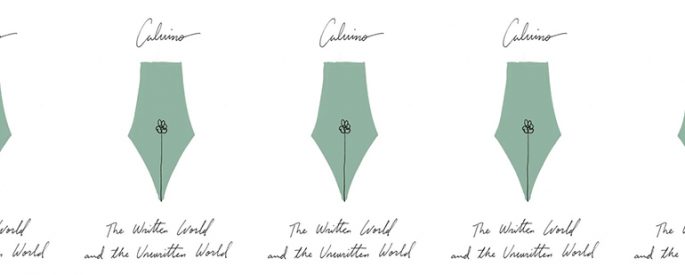
A new collection of Italo Calvino’s nonfiction provides the reader with a deep sense of the range of Calvino’s interests and his open-minded approach to what constitutes art, as well as the pleasure it incites in him.
Italo Calvino and the Form of Outer Space
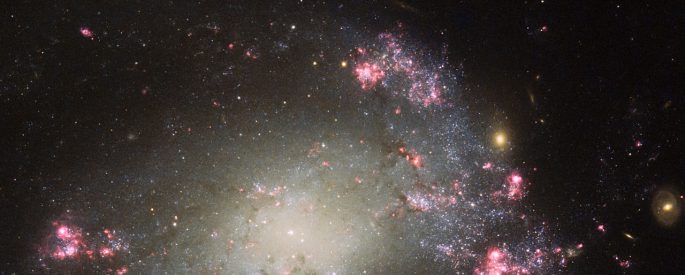
When the distinction between form and content is difficult to perceive, it can become nearly impossible to articulate the relationship between these supposed opposites. This tangle of questions is not limited to the arts; the problem of form and matter is important to anyone who deals with questions of
Italo Calvino and the New Gods of Boston

The visibility or invisibility of a city’s parts is always in flux, but this year it was dizzying. In March and April, Boston felt like a ghost town—its trains, streets, and office buildings emptied. The students disappeared, and so did my neighbor, Gary, who didn’t have a home to
The Nearness of the Moon
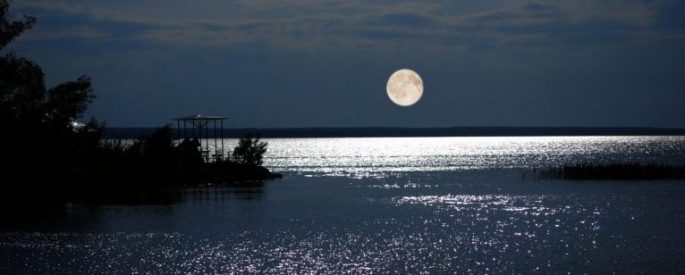
Italo Calvino’s work reminds us that curiosity itself is a kind of gravity, a pull that is difficult to understand or measure and yet is instinctively, unavoidably felt.
“Adventure of a Skier” and Calvino’s Theory of Lightness
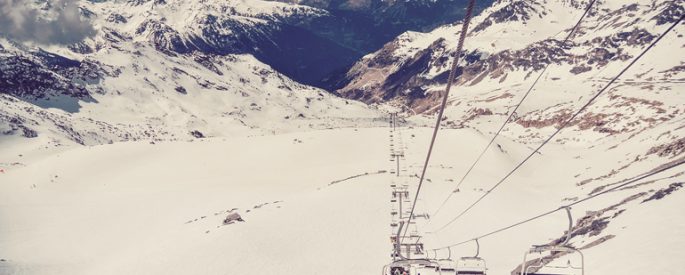
Last week, the New Yorker released the first English translation of Italo Calvino’s “The Adventure of a Skier,” which first appeared in the 1970 short story collection Difficult Loves. How does this “new” story fit into the themes and philosophical musings of the work as a whole?
Space Fiction vs. Space Discovery
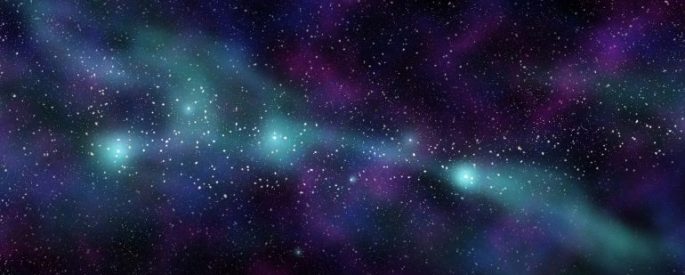
Much of Earth is no longer habitable; still, the child reaches for the milk, the branch drinks from the root, and time goes on. You don’t remember when or where you heard it, but every so often you yearn for the reminder that the stars look very different today.
L’Appel du Vide: On Visual Caesuras and Erasure

I take the five students of my poetry micro-workshop outside to discuss Claudia Emerson’s latest collection Impossible Bottle. As we sit in the sun, bending over the brilliant bright book pages, a student points to the poem “Metastasis: Web” and volunteers to read it aloud before our analysis of
The Formal Imagination of Oulipo
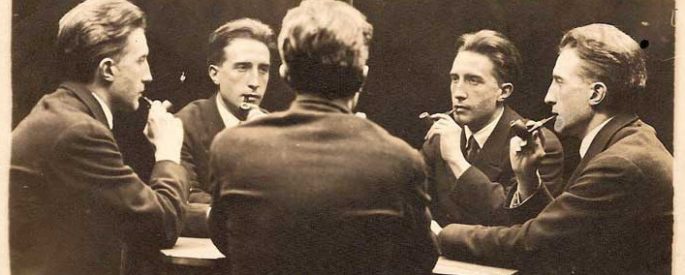
Founded in 1960 by a collective of French mathematicians and writers, Ouvroir de Littérature Potentielle (Workshop of Potential Literature), or Oulipo, was established to identify new forms of writing using numerical and alphabetical constraints. Early member Georges Perec, for example, structured his novel Life A User’s Manuel according to